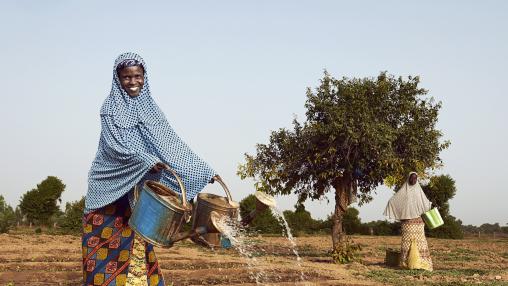
How to Increase Gender Equity in Agriculture: New Evidence from Malabo Montpelier Forum
The twelfth annual Malabo Montpelier Forum was held on June 8 and centered on a new report from the Malabo Montpelier Panel: Bridging the Gap: Policy Innovations to Put Women at the Center of Food System Transformation in Africa. According to the report, nearly two-thirds of African women play a role in the region’s agrifood system.
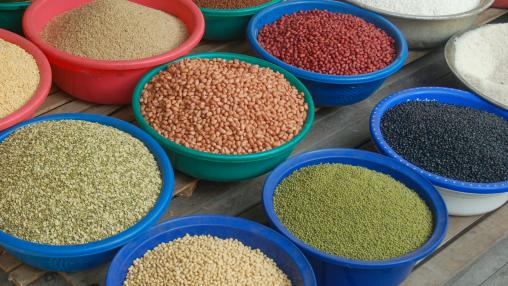
More progress needed on Malabo
This post originally appeared on IFPRI.org .
By: Tsitsi Makombe and Julie Kurtz
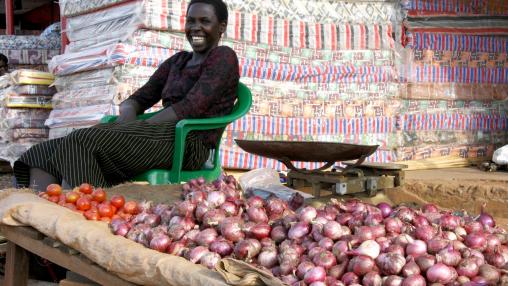
2018 Global Food Policy Report Released
Globalization has played a key role in the sustained economic growth seen in Africa south of the Sahara in recent years, according to IFPRI’s 2018 Global Food Policy Report . However, rising protectionism and anti-globalization in some developed countries could pose a threat to further economic growth and development in the region.
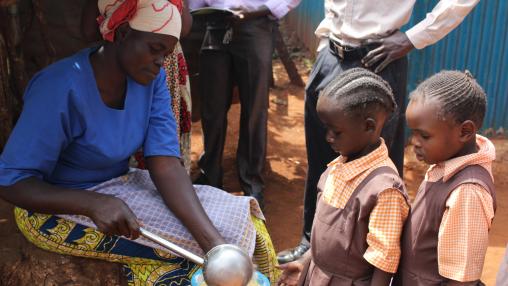
New Malabo Montpellier Report
While significant progress has been made in reducing hunger and food insecurity in Africa in recent decades, around one in five people in the region continue to face chronic undernourishment. In a new report from the Malabo Montpellier Panel, “Nourished: How Africa Can Build a Future Free from Hunger and Malnutrition” , researchers take a systematic country-level approach to identify where progress has been achieved and how to replicate and scale up successful policies.
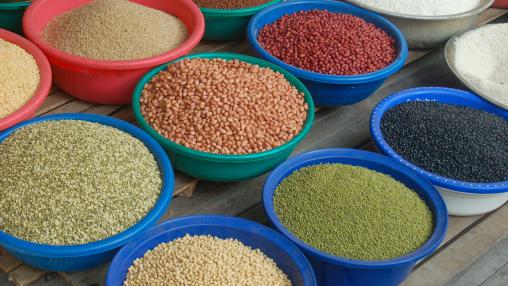
Measuring Kenya's Progress on Malabo Declaration Targets
At the African Union Summit in Malabo (Equatorial Guinea) in June 2014, African governments adopted the Malabo Declaration on Accelerated Agricultural Growth and Transformation for Shared Prosperity and Improved Livelihoods .
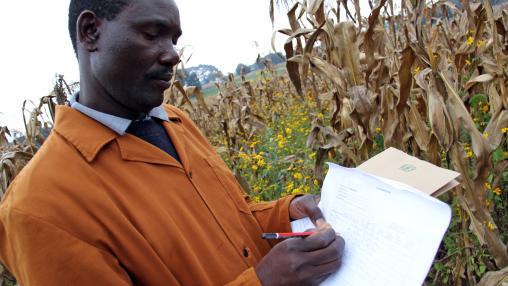
Food Security Information Meeting Calls for More, Better Data
In November 2015, the Food Security Information Network (FSIN) and the African Union Commission (AUC) held a technical consultation on data for food and nutrition security resilience in Addis Ababa, Ethiopia. The meeting focused on increasing the availability and use of the right types of data in order to improve countries’ capacity to monitor and achieve food and nutrition security goals. Representatives from 28 African countries participated, as did representatives from various regional institutions, development partners, NGOs, academic institutions, and the private sector.
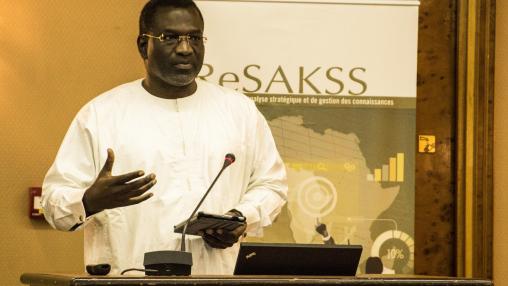
FSP-SSA Featured at ReSAKSS Conference
The Africa south of the Sahara Food Security Portal was presented on September 1 at a side event during the 2015 ReSAKSS Conference. The event focused on “Providing Timely Data and Analysis to Improve Food Security in Africa.”
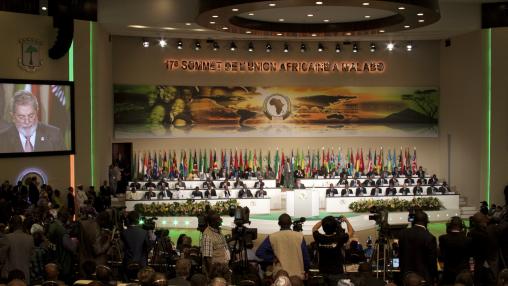
CAADP Roadmap for Sustainable Development
The African Union’s Comprehensive Africa Agriculture Development Programme, or CAADP, has made steady progress over its past 10 years of implementation. However, the African continent continues to face some key challenges, including the need to provide for the food and nutrition needs of a steadily growing population, economic inequality and rural poverty, disputes over limited natural resources, and the impact of climate change and market globalization.
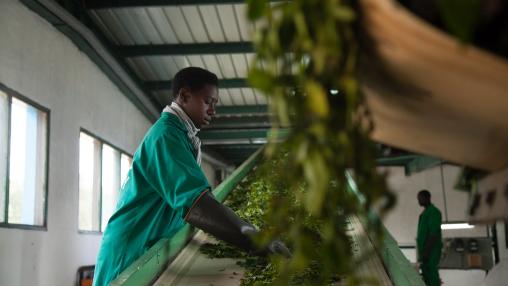
Implementation strategy and roadmap
The 2014 Malabo Declaration reiterates African countries’ commitment toward attaining an agriculture revolution in the continent. A special commitment to “Mutual Accountability, Actions and Result” has been made to facilitate peer reviews, mutual learning and mutual accountability processes.
To translate commitments into actions and measurable results, AUC and NEPAD Agency developed an implementation strategy and roadmap to guide the implementation of CAADP and African agriculture development from 2015-2025.
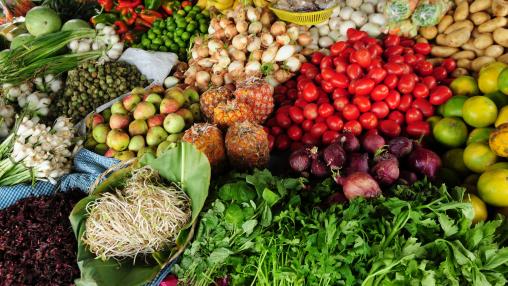
Including Nutrition in the CAADP Results Framework
A4NH Hosts Side Event at African Union Commission (AUC) on the Inclusion of Nutrition in the CAADP Agenda.
By: Summer Allen